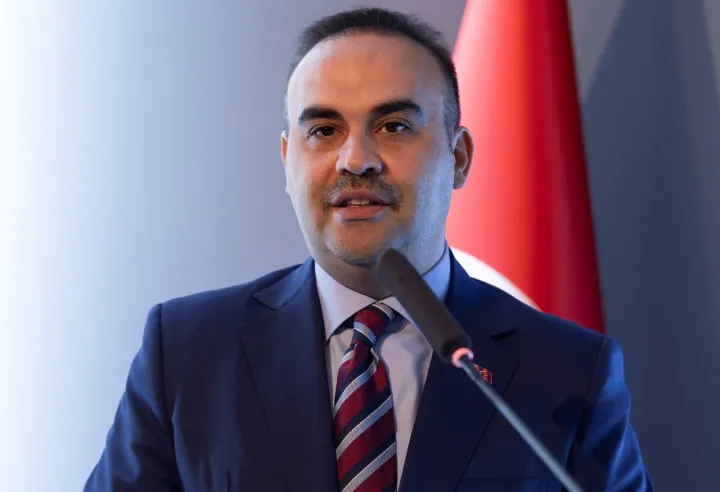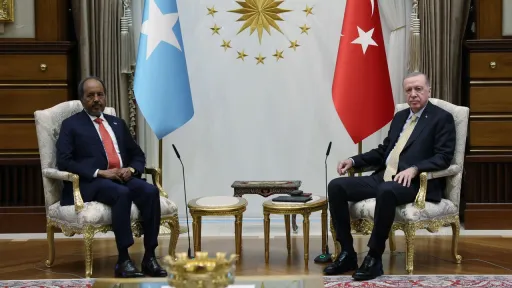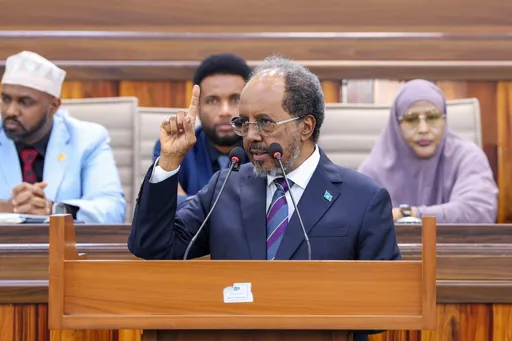Two major labour unions in Nigeria have urged the private sector to implement a salary structure which has already been approved for federal government employees.
Some of the 1.2 million government employees have started receiving a newly increased minimum wage of 70,000 naira ($42) per month under the new system.
The new minimum wage implementation started this week, but some workers believe the increase is insufficient to offset the economic challenges they face after President Bola Tinubu signed the new structure into law at the end of July.
Nigeria Labour Congress leader Joe Ajaero said the N70,000 offer was accepted because of the provision that the minimum wage would be reviewed every three years.
'Follow lead'
Nigeria is currently facing its most severe economic crisis in decades, resulting in the loss of its status as Africa's largest economy. Inflation and an unstable exchange rate have contributed to a significant increase in the cost of living for the country's 200 million people.
Following the implementation of the new payment system, the Nigeria Labour Congress urged private organisations and other entities to quickly implement the new wage structure for their workers.
Benson Upah, a spokesman for the Nigeria Labour Congress and Tommy Etim, deputy president of the Trade Union Congress, urged private businesses to raise wages.
"We encourage other private entities to follow this lead," Upah told Anadolu news agency.
'No reason for delay'
"The federal government's committee on consequential adjustments has already provided a template, so there is no valid reason for private firms to delay the implementation of the minimum wage,” said Etim.
“We strongly recommend that all relevant parties follow this and begin payment accordingly,'' the union leader added.
But civil servant Josephine Isiah expressed dissatisfaction with the consequential adjustment, saying the increase is insufficient in light of the economic challenges caused by the government’s economic policies.
Import prices have risen, resulting in local price increases and a shortage of essential medications, she told Anadolu.
➤ Click here to follow our WhatsApp channel for more stories.
























